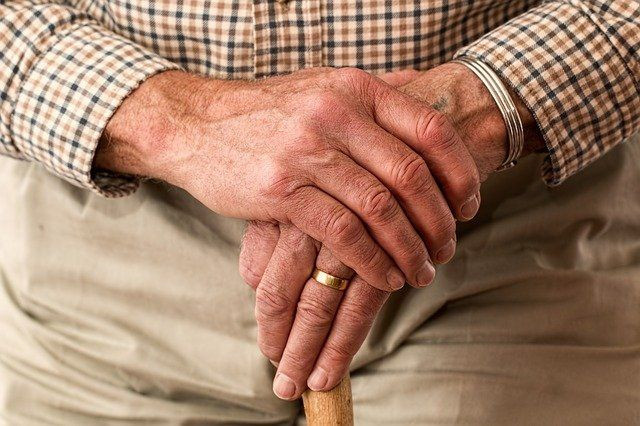Socially Isolated Older Adults 'More Likely To Die' After ICU Admissions: Study
KEY POINTS
- Researchers looked into possible effects of social isolation in older adults with critical illness
- Each 1-point increase in social isolation score corresponded to higher disability and 1-year mortality risk
- Researchers suggest the need to develop screening and interventions for social isolation
How can social isolation affect older adults with critical illness? A team of researchers found that those who were socially isolated were "more likely to die" after getting discharged from the intensive care unit (ICU) than those who had more connections.
In their new study, published in the journal JAMA Internal Medicine on Tuesday, researchers sought to determine whether social isolation can lead to severe outcomes or death in older adults within one year after hospitalization.
"Older adults who are socially isolated may be more vulnerable to adverse outcomes for various reasons, including fewer supports to access services needed for optimal recovery; however, whether social isolation is associated with post-intensive care unit disability and mortality is not known," the researchers wrote.
They looked into data of patients in the National Health and Aging Trends Study (NHATS) who were admitted to the ICU between 2011 and 2018, Yale University noted in a news release. The participants answered questions about their social interactions, for instance, whether they had visits from family members or participated in social events. Their social isolation levels were ranked from 0 to 6.
Interestingly, the researchers found that each 1-point increase in the score actually corresponded to a 7% greater disability count and a 14% increase in one-year mortality risk.
"The most socially isolated older adults had a 50% higher burden of functional disability in the year after an ICU admission and a 119% greater risk of death," Yale University noted.
The researchers' findings show that social isolation may be a risk factor for older adults with critical illness. It suggests the need to develop screenings for social isolation, as well as interventions even after the patients get discharged. For instance, they could receive weekly phone calls from volunteers, or perhaps have them enrolled in activities that could promote social interactions.
"Hospitalization may be our only chance of identifying people who are socially isolated," study senior author Dr. Lauren E. Ferrante, of Yale School of Medicine, said in the news release. "In the hospital, we are all aware of the patient's medical details, but we need to be more aware of the patient's social situation as well."
Social isolation in older adults has been linked to issues such as a lower quality of life and cognitive function, the World Health Organization (WHO) said. In fact, it is estimated that "almost half" of people over 60 years old are at risk of experiencing social isolation.
To reduce social isolation and loneliness, help providers can provide assistance to improve the social skills of older adults, increase their access to social interactions and help to change some "unhelpful" thoughts about social situations.

© Copyright IBTimes 2024. All rights reserved.












